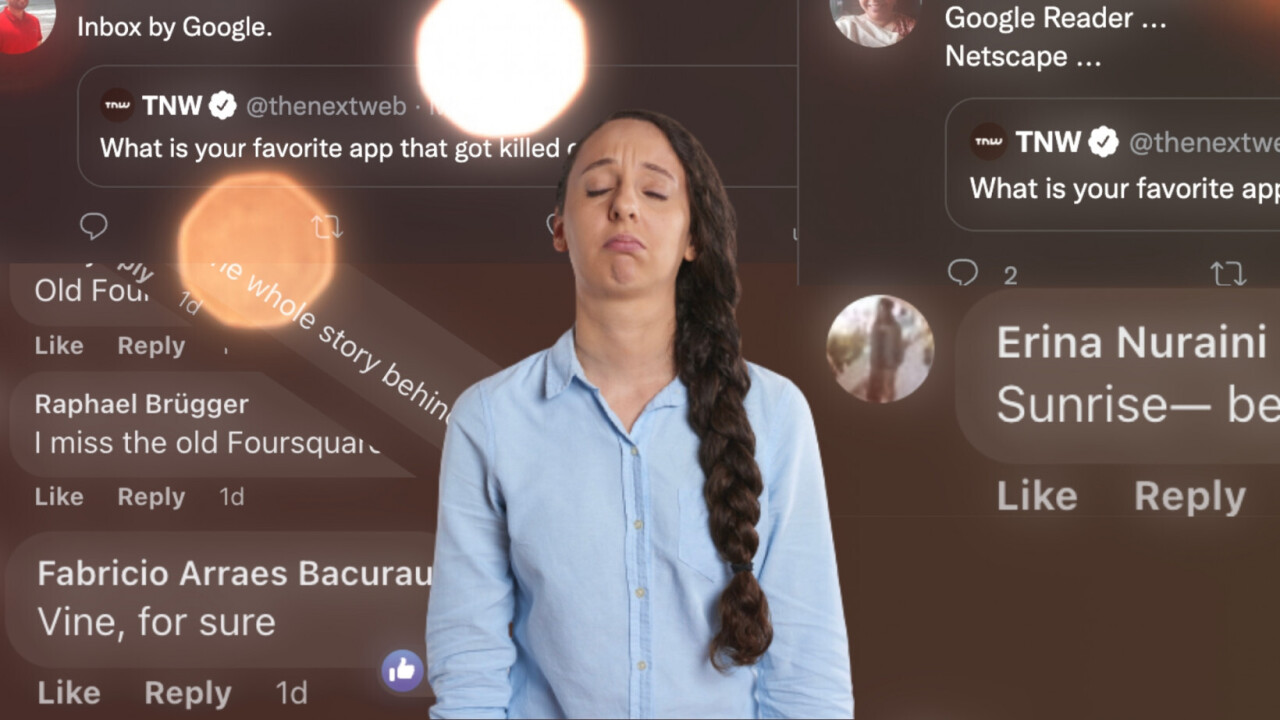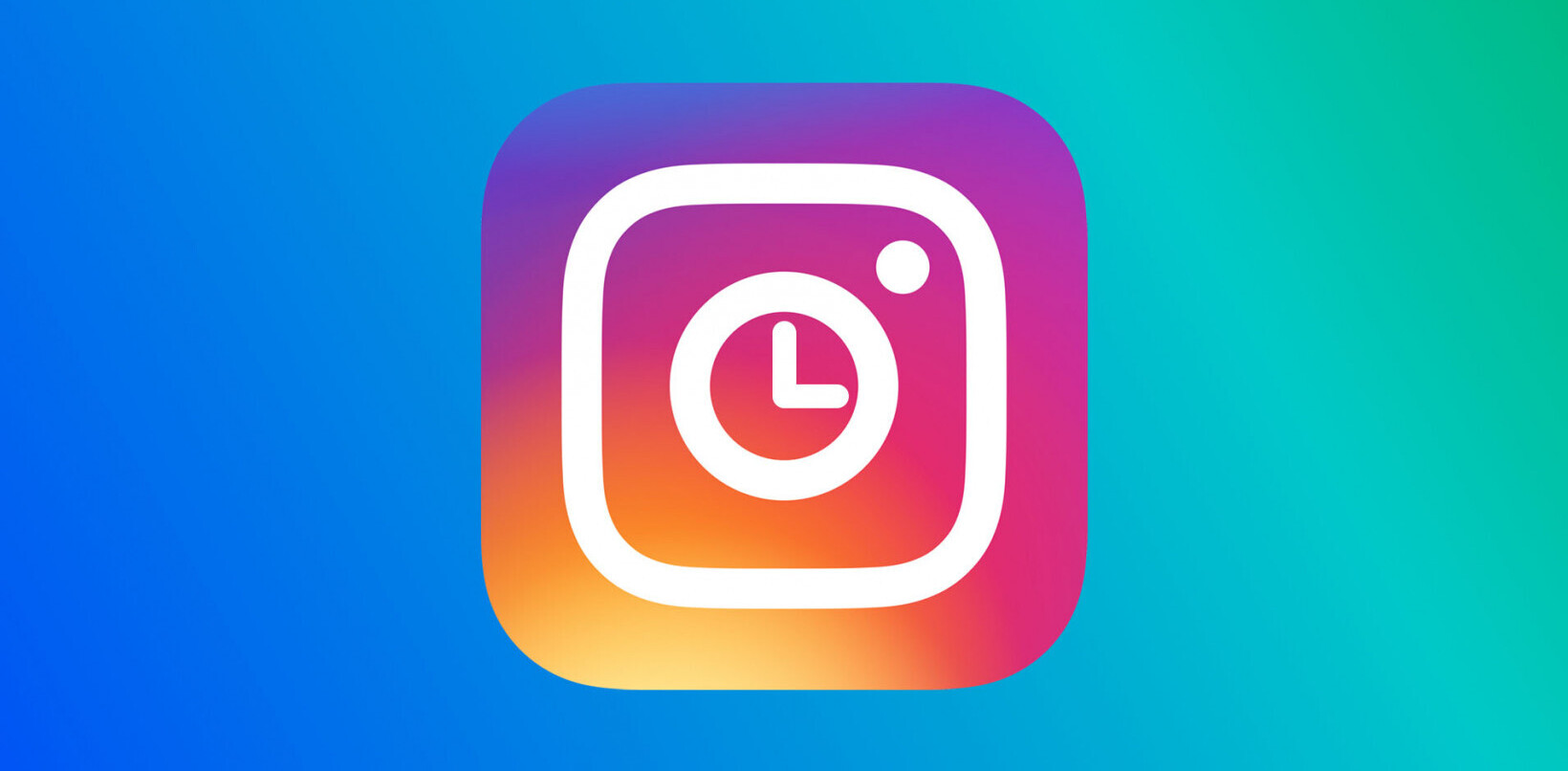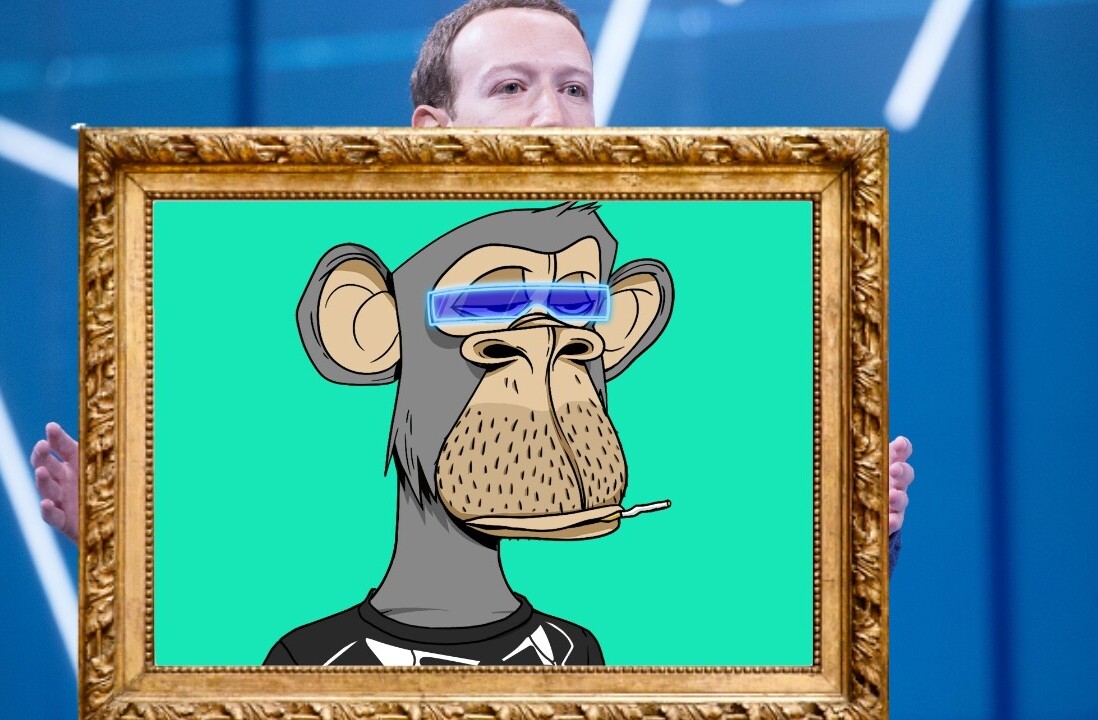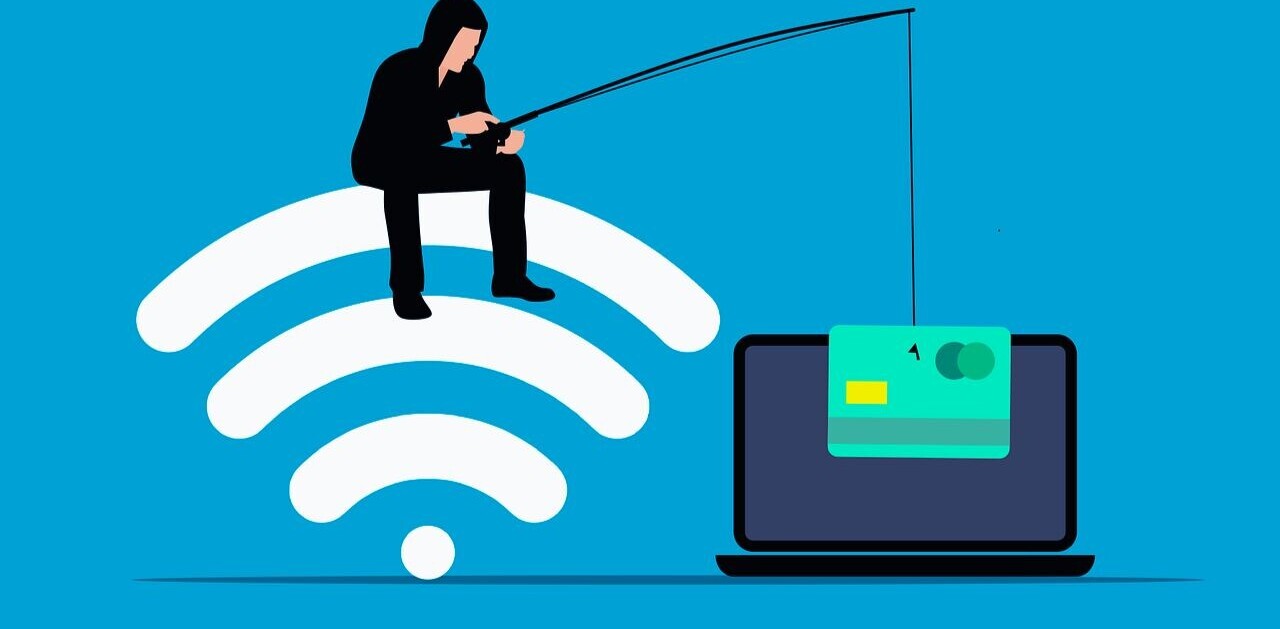
Heartbreaks are bad, but have you ever experienced the pain of your favorite app shutting down?
It’s devastating when you learn about the death of a tool or service you cherished using, and dreamt you’d grow old with. It happens more than we’d like, and it doesn’t ever get easier.
We asked you about the discontinued apps that you’re sad about, and wanted to raise a toast to our beloved tools.
Google Reader
Mentioning Google Reader on the internet always brings the strongest emotions out of millennials who grew up using Google’s web apps. The RSS feed organizer was released in 2001, and brought features like folders and offline reading that are common in every similar app now.

Google dropped a bombshell in 2013 when the company said it was shutting down the app because of a declining user base.
Thankfully, alternatives like Feedly, Inoreader, and Bloglovin’ have held their own ground when it comes to following feeds or managing newsletters.
Vine
Zuck believes that short video is Facebook and Instagram’s golden goose because TikTok is eating their lunch. But before all this, there was one and only Vine.
The idea of watching six-second (technically 6.5 seconds) videos on loop sounds silly, but it was somehow fun and addictive.
Dom Hofmann, Rus Yusupov, and Colin Kroll launched the company in 2012. The same year, Twitter acquired it before it was even launched.
By 2015, it had more than 200 million active users. Vine gave birth to celebrities like Lele Pons, Logan Paul, and Jus Reign.
In October 2016, Twitter announced that it was killing off the service and restricting new uploads, but you could still archive your clips, and watch other stuff already on the platform. In 2019, Twitter discontinued the archive as well.

Given the success it had, we can’t say Vine was ahead of its time. But having seen the short video format’s growth, it could well have continued to enjoy success today like TikTok.
Hofmann launched his new short video app, Byte, in 2020. He sold the app in 2021, to a company founded by former Vine star Brendon McNerney. It was relaunched as Clash in October 2021.
Flappy Bird
Flappy Bird’s idea was stupidly simple: tap on your screen to keep the bird flying and save it from hitting pipes.
It was like the Wordle craze, multiplied by 100,000. The game was released on iOS and Android in 2013, but it shot up in popularity only the next year. It hit the top charts on both mobile app stores, and earned a ton of money.

But in 2014, its developer Dong Nguyen felt guilty about the game’s addictive nature, and pulled it. The game still lives on in many of its clones.
Google Inbox
This one hit me hard. And Google was cruel enough to announce it during an Apple event in 2018.
Google Inbox, a novel take on the traditional email client, was intelligent enough to send only important messages to your primary inbox, and others to categories like Promotions, Purchases, Travel, and Social. It had a brilliant pinned email feature to keep important ongoing conversations at the top of your list of messages.

Sure, the Big G has ported over some of these to Gmail, but it’s not quite the same. Fortunately, Shortwave, a company with folks who’ve worked on Inbox before, is trying to resurrect the product. So there’s hope.
Foursquare
Let’s not be mistaken. Foursquare the company still exists, but Foursquare the social network has faded into oblivion.
In 2009, Dennis Crowley and Naveen Selvadurai first launched the service to compete with Twitter. In its initial years, Foursquare allowed you to share your location alongside pictures with your friends.

As users on the platform grew, it even introduced a celebrity mode to check where your favorite stars were going.
In 2014, the company introduced a new app called Swarm, that retained the original network’s social and location-sharing aspects. It morphed the old app into Foursquare City Guide — a Yelp-like service to find local recommendations in cities around the world.
Over the years, Foursquare has turned itself into a formidable enterprise service provider for geospatial data. Too bad it couldn’t keep its social network alive, though.
Sunrise Calendar
There’s no dearth of calendar apps for mobile and the web. But we were lucky to have Sunrise Calendar, which appealed to a lot of people with its clean design and ease of use.

It was first launched in 2013 by Pierre Valade and Jeremy Le Van. Two years later, Microsoft acquired it for more than $100 million. The tech giant decided to sunset the product the same year, and integrate some of its functionalities in Outlook Mobile. Sad reacts only.
While we might have mourned the demise of these apps and moved on to other services, they still live in our hearts.
Honorary mentions:
- Gowalla: A Foursquare-like app for location check-ins. Now, there’s Google Maps and Yelp to do that.
- Popcorn Time: An ingenious app for streaming movies and shows, using torrents and a friendly interface. The project shut down earlier this year, but there are thousands of streaming services to cater to your content needs.
- Napster: The OG Peer-to-peer file sharing and music streaming platform. It got closed off because of its piracy problems. It was shuttered for enabling piracy, but it paved the way for the likes of Spotify, Apple Music, and Tidal. Oh, and it now competes with these streaming services as a legit music app.
- Path: It started as Facebook’s rival to let you share photos and updates about your life with your close friends and family. But it failed to scale, and was killed off in 2018.
- StumbleUpon: A dead-simple way to discover interesting and amusing websites. It was really fun, but we have some handy replacements for it.
- Things killed by Google
Get the TNW newsletter
Get the most important tech news in your inbox each week.





